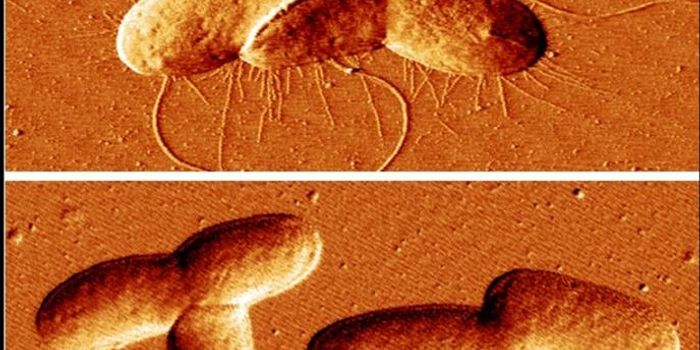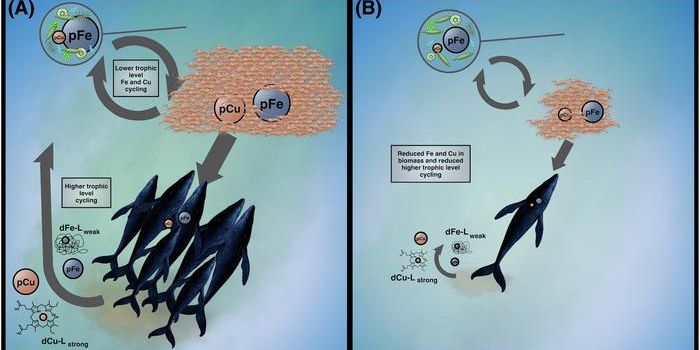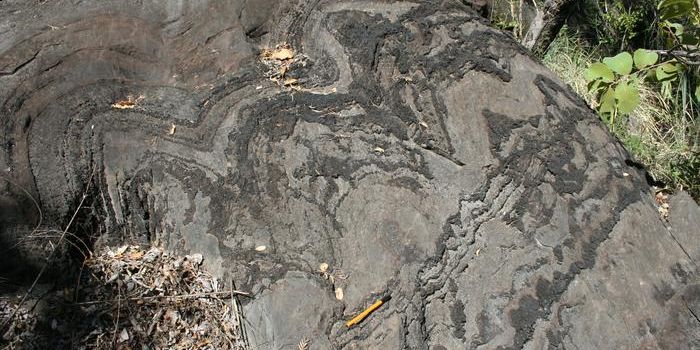Honoring World Mosquito Day
August 20th, 2020 is World Mosquito Day. Why celebrate an animal dubbed as one of the “world’s deadliest”? Organizations commemorate this day in various ways, but they all aim to spread awareness of the importance of mosquito control to prevent the spread of infectious diseases.
According to the American Mosquito Control Association (AMCA), this day originated in 1897 to commemorate the work of Dr. Ronald Ross of the Liverpool School of Tropical Medicine. Through his work, Ross documented the lifecycle of the malarial parasite and the role played by mosquitoes. He is credited with discovering that mosquitoes transmit malaria to humans and was awarded a Nobel Prize in 1902.
The CDC reports that of the 200 types of mosquitoes that live in the United States, 12 are known to spread viruses and parasites. According to the CDC, West Nile virus is the most common mosquito-spread virus in the United States. They report that in 2018, the number of severe cases of West Nile virus was 25% higher in the United States (continental) than the entire prior decade.
In a press release from AMCA, David Brown, a technical advisor for the organization, stated, “While we no longer contend with malaria in the United States, mosquitoes remain a national public health concern.” He lists mosquito-transmitted diseases that impact humans and animals, including West Nile virus, Eastern equine encephalitis, and dog heartworm disease.
Brown continues that, “mosquitoes remain the number one killer on humans on this planet. As humans come into increasing contact with exotic diseases as travel, trade, and tourism proliferate, we would do well to appreciate the vital role mosquito control efforts play in keeping our children, families, and communities safe from preventable disease.”
The Center for Disease Control and Prevention is celebrating by highlighting one mosquito species, Anopheles stephensi. According to the CDC website, this troublesome species thrives in urban habitats (rather than rural habitats like most other species), laying eggs in water storage containers and wells, and entering houses. An. stephensi was first detected in Djibouti in 2012 and has since spread to Ethiopia, Sudan, and Somalia, paired with an increase in urban malaria cases.
How can you honor World Mosquito Day? On this day and throughout the year, protect yourself from mosquito bites in your home and while traveling. The CDC also reports that supporting city or county mosquito control programs can reduce and control mosquitoes and threats associated with disease transmission.
Sources: CDC, CDC Mosquito Resource Page, AMCA










